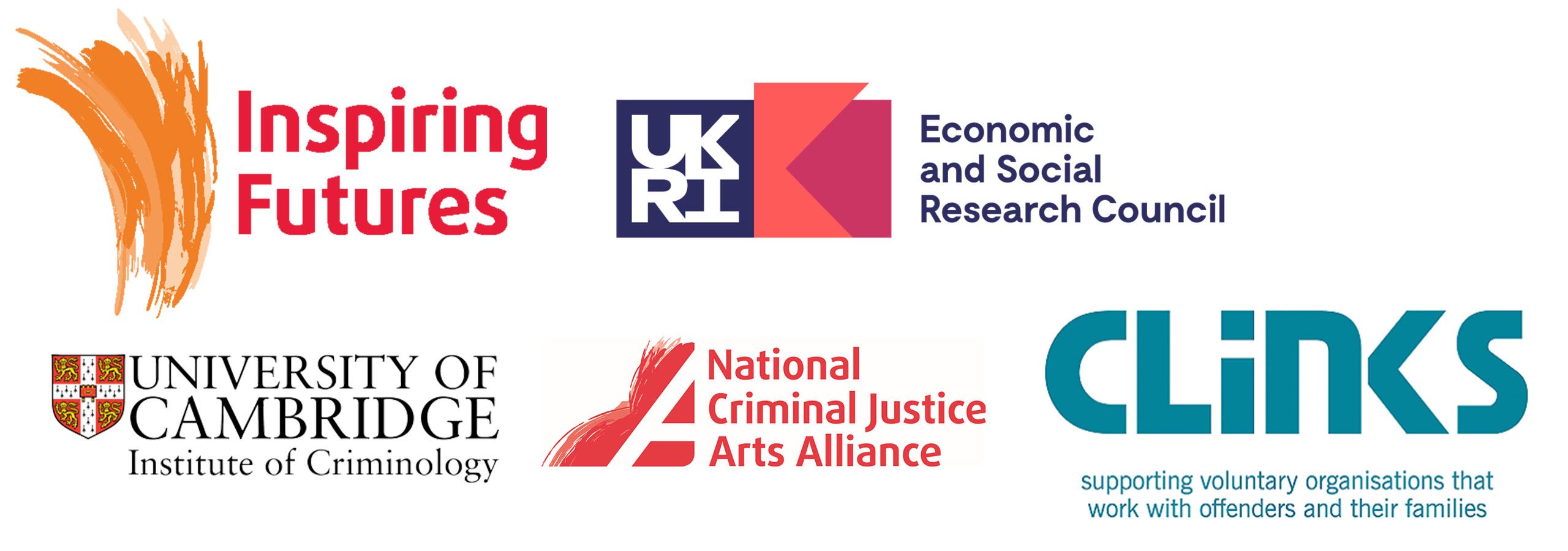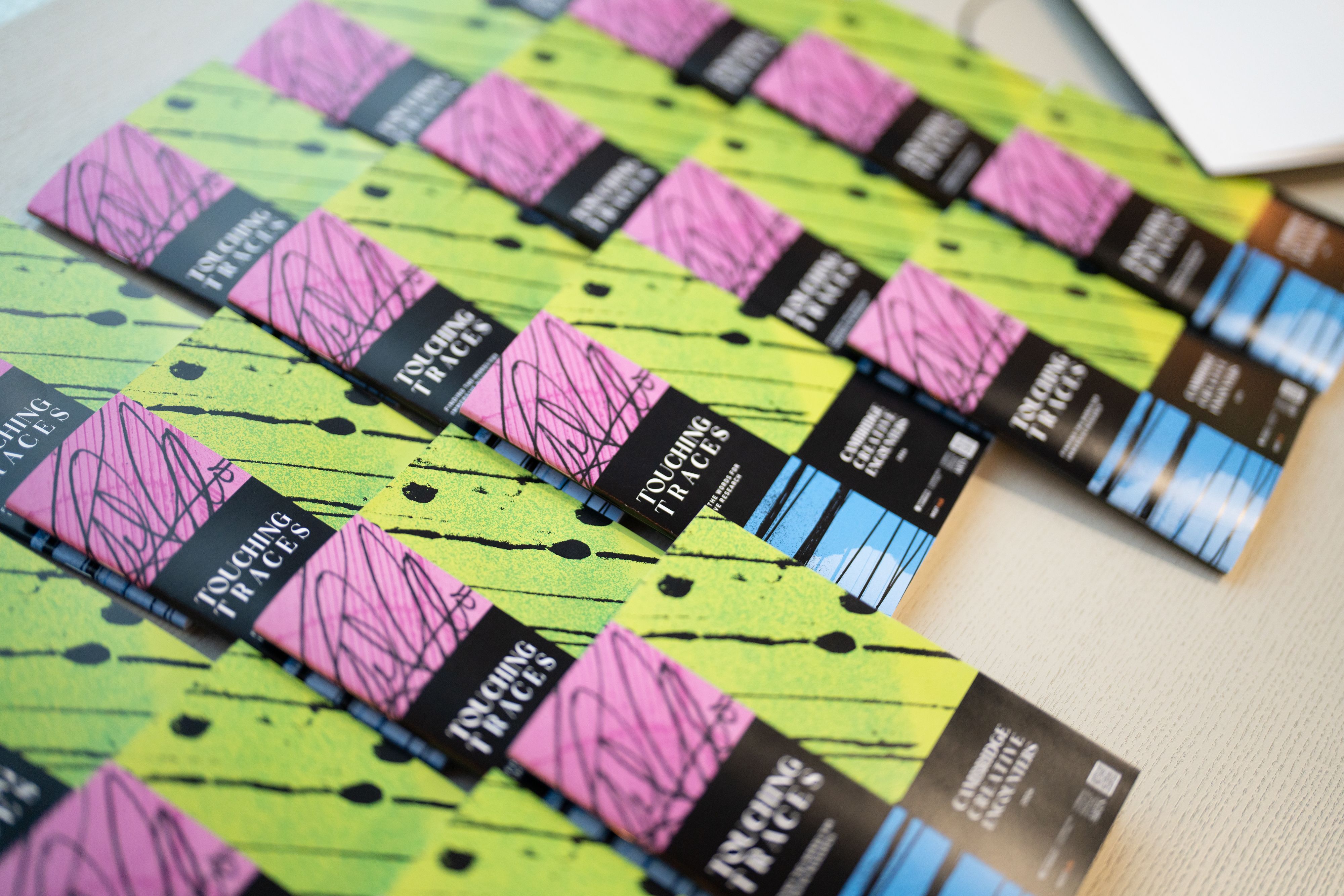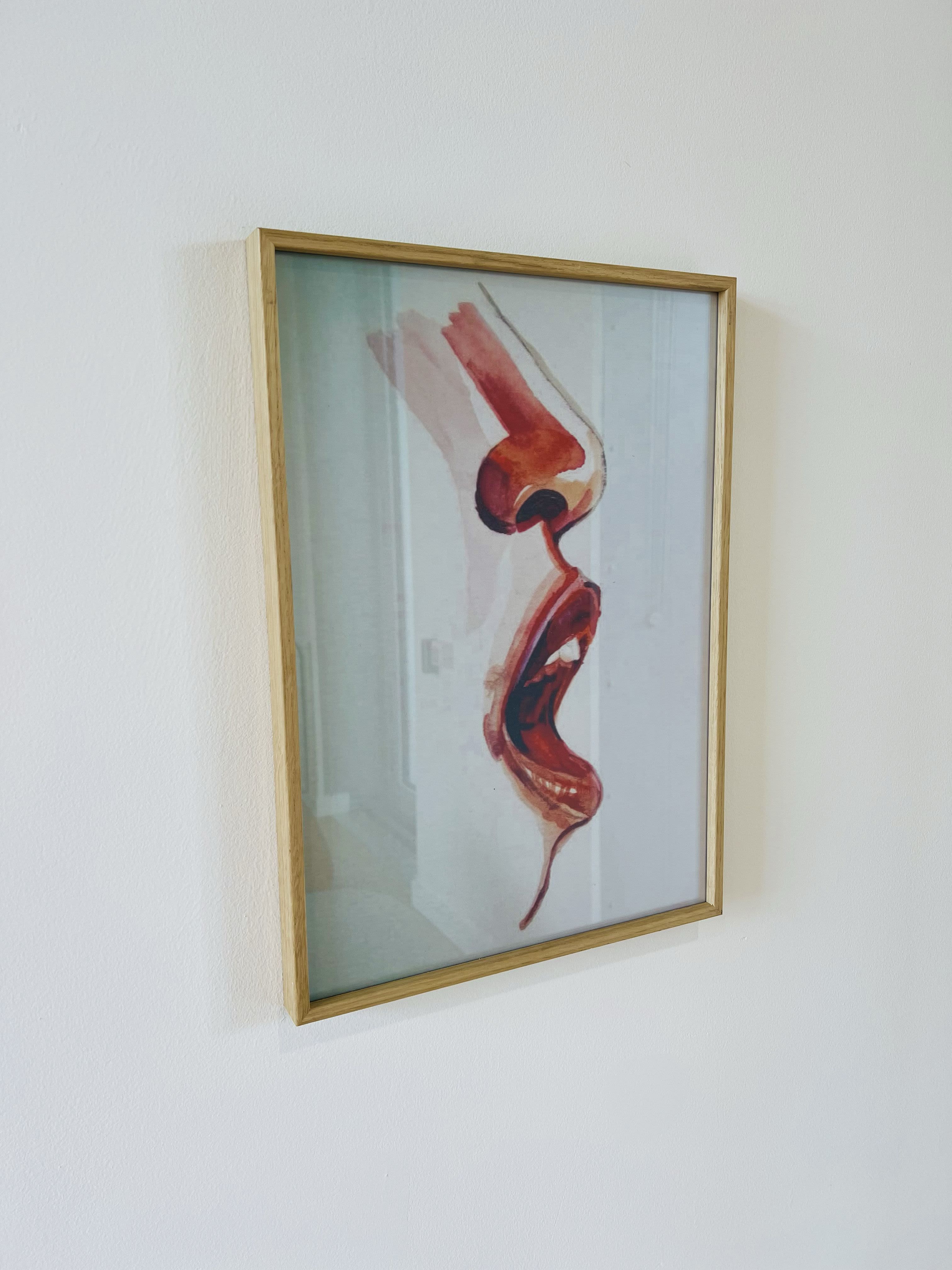Cambridge
Creative
Encounters 2024
SHORTS
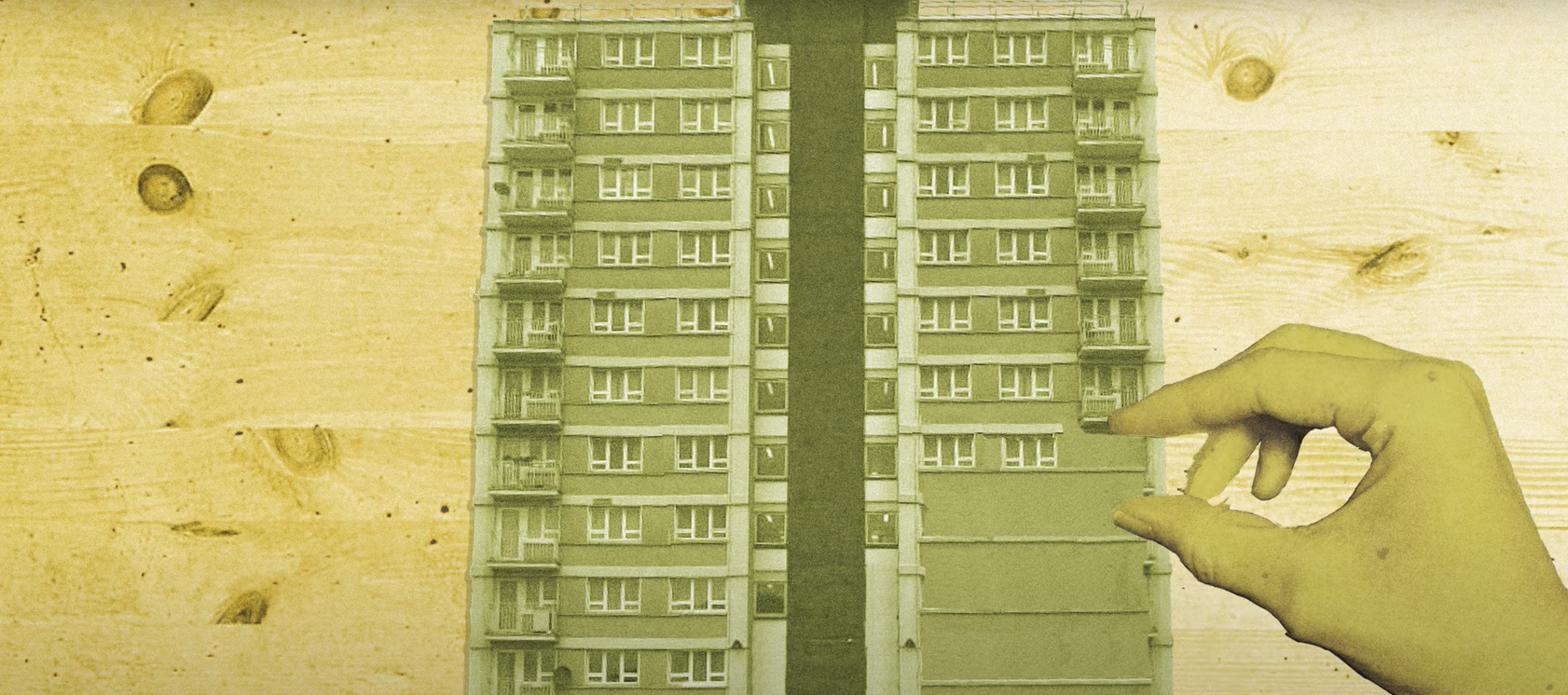
Cambridge SHORTS forges partnerships between researchers and filmmakers to work together to make professional quality short films to tell the story behind the research and make it relatable for a wider audience.
THE PROJECTS

Inspiring Futures
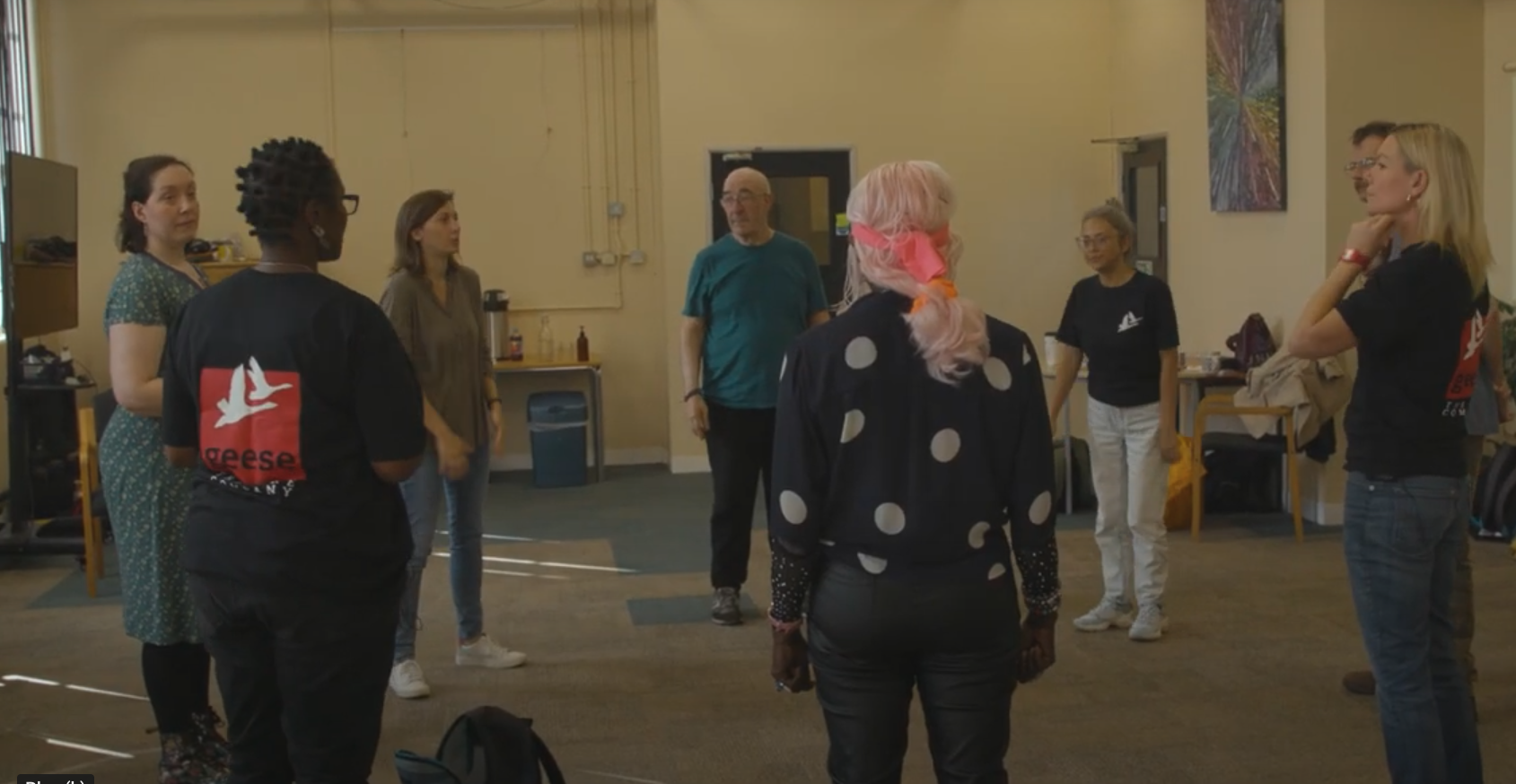
Researchers:
Dr Sarah Doxat-Pratt
(Research Fellow)
School of Sociology & Social Policy, University of Nottingham
Dr Caroline Lanskey
(Co-Principal Investigator)
Institute of Criminology, University of Cambridge
Dr Loraine Gelsthorpe
(Principal Investigator)
Institute of Criminology, University of Cambridge
Collaborators:
Ed Owles
Inspiring Futures was a four-year collaborative research project between the University of Cambridge Institute of Criminology and the National Criminal Justice Arts Alliance, evaluating the meaning and impact of arts programmes in the criminal justice system. It was a mixed methods study, using observations, questionnaires, interviews and participant diaries to understand the role that arts programmes, such as music and drama, can play in prisons and community justice settings. The film shows some of the arts partners at work, and demonstrates some of the project findings, including the impact for participants’ lives and futures.
The making of...
Harnessing Evolution
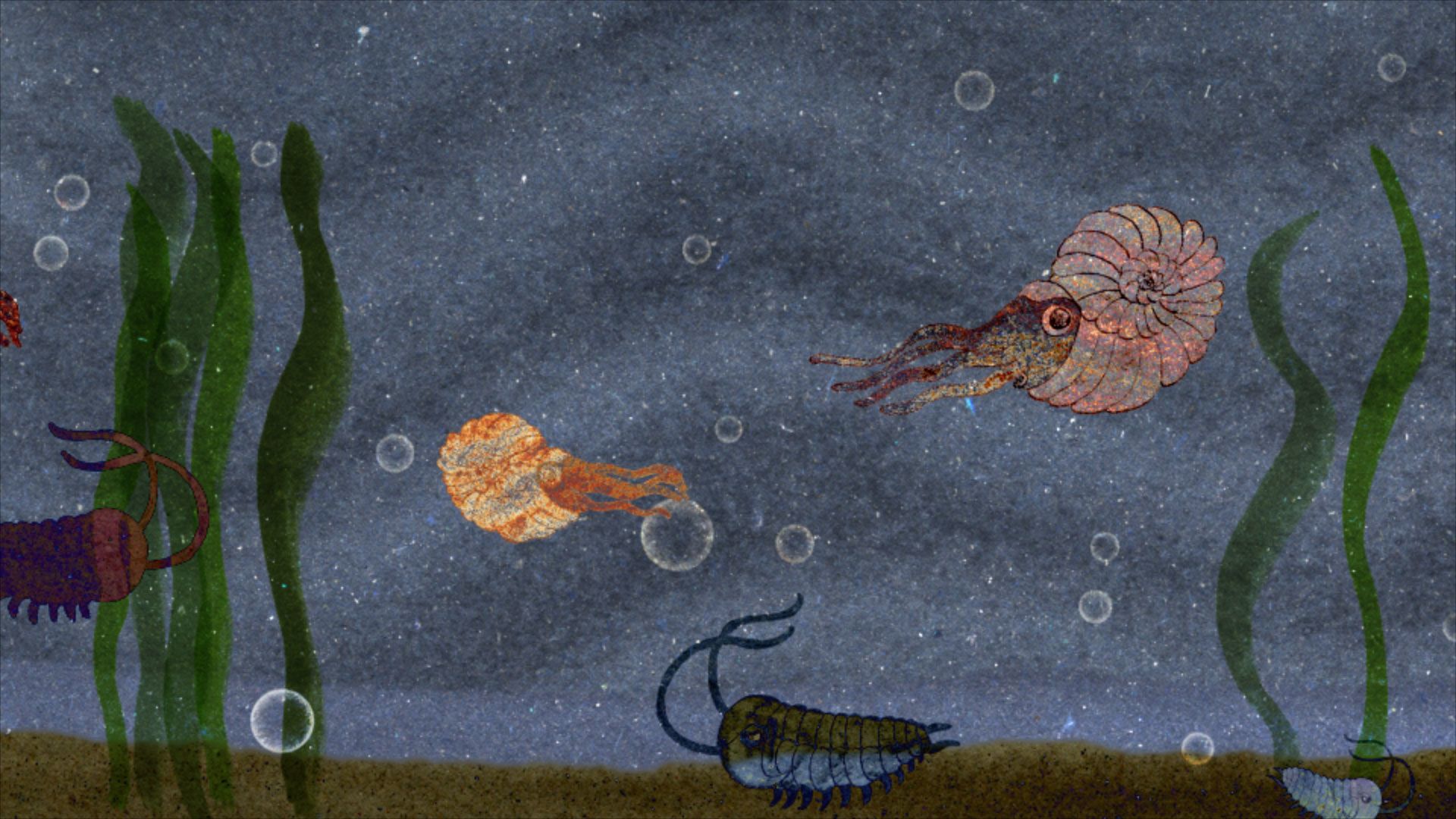
Researchers:
Kavi Shah
PhD Student
Department of Genetics, University of Cambridge
Collaborators:
Riitta Hakkarainen
Humans over the past century have rapidly used fossil fuels, releasing carbon dioxide and causing global warming. Chemical production is also heavily reliant on fossil fuels. There is an urgent need for alternative production methods. My project investigates how we can evolve bacteria and yeast in a laboratory setting to produce chemicals as an optimal sustainable alternative for production of a range of molecules. The short film presents an overview of the problem we are tackling and how our research aims to tackle this.
The making of...
Making Light of Essays | Making Essays of Light

Researchers:
Miss Francesca Gardner
PhD Student
Faculty of English, St Catharine’s College
Collaborators:
Miss Sarah Gomes Harris
Professional animator
This film is based upon Francesca Gardner’s ‘Making Light of Essays | Making Essays of Light’, awarded Oxford University’s Chancellor’s English Essay Prize in 2022. This was a creative-critical inquiry into the literary essay, which has a long history - well-known essayists include Michel de Montaigne, William Hazlitt, Virginia Woolf, and James Baldwin. We wanted to create a video essay exploring the genre through a new medium.
The making of...
Ntate
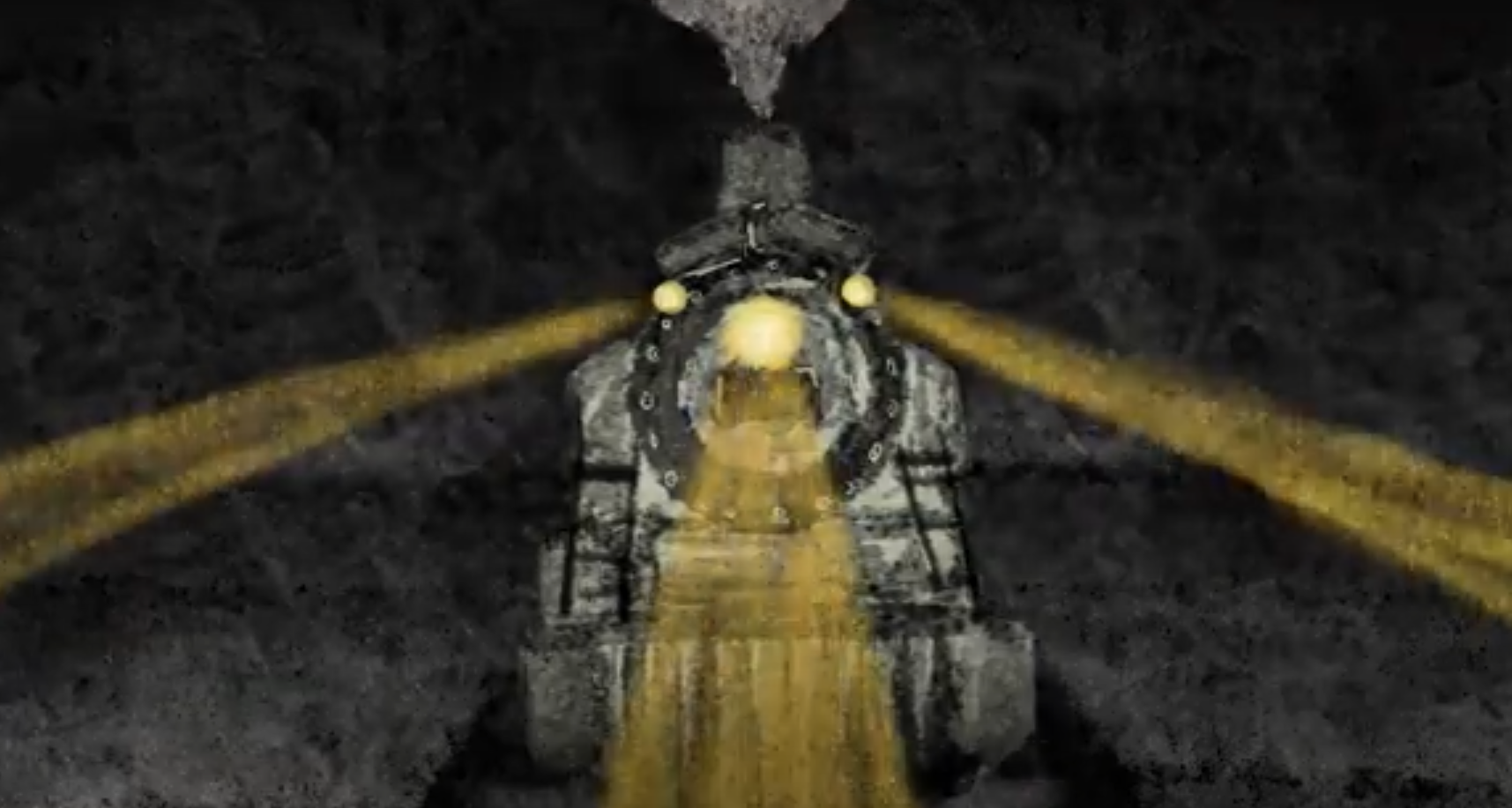
Researcher:
Dr Linda Mbeki
Research Fellow, Archaeology
Jesus College, University of Cambridge
Collaborator:
Ali Aschman
Pathway Leader for Animation & Film
Art & Design, Cambridge School of Visual & Performing Arts
As the ore in the Transvaal (modern-day Gauteng province) did not yield much gold, labour-intensive methods were employed to minimise the operating costs of an endeavour that imperilled workers' lives. To maximise profits, recruitment of large numbers of cheap coerced labour was required. My research highlights the complex relationship between South Africa and Britain that began in 1795. Dissemination of the knowledge concisely and informatively would be helpful to introduce the subject matter and start a public discussion.
The making of...
Navigating Complexity: Systems-Thinking in Humanitarian Crises
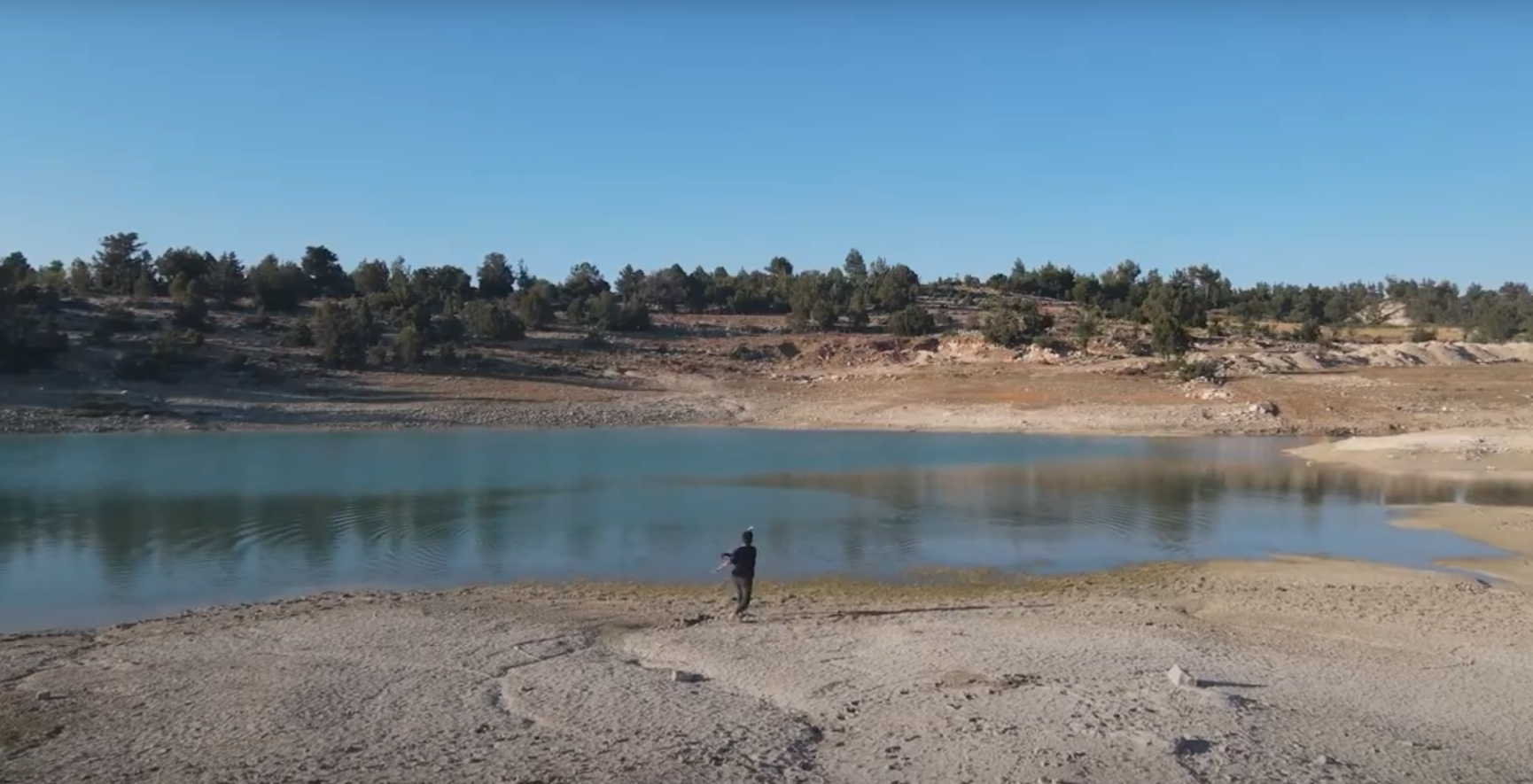
Researcher:
Emma Houiellebecq
PhD Candidate
Department of Engineering,
University of Cambridge
Collaborators:
Colin Ramsay
This film showcases how systems-based approaches can be used to navigate and respond to complex humanitarian crises.
In fragile contexts, we are seeing how cycles of conflict and crisis are causing the eventual degradation of essential services, such as water, power, and healthcare, often resulting in severe consequences to public health. By adopting systems-thinking approaches, the humanitarian sector can develop a better understanding of the systems they are working in and identify effective interventions that strengthen the resilience of essential services. This film specifically demonstrates the application of this systems-thinking approach in the Gaza Strip in the years leading up to this current crisis.
The making of...
Didi to didi: a message from domestic worker to domestic worker
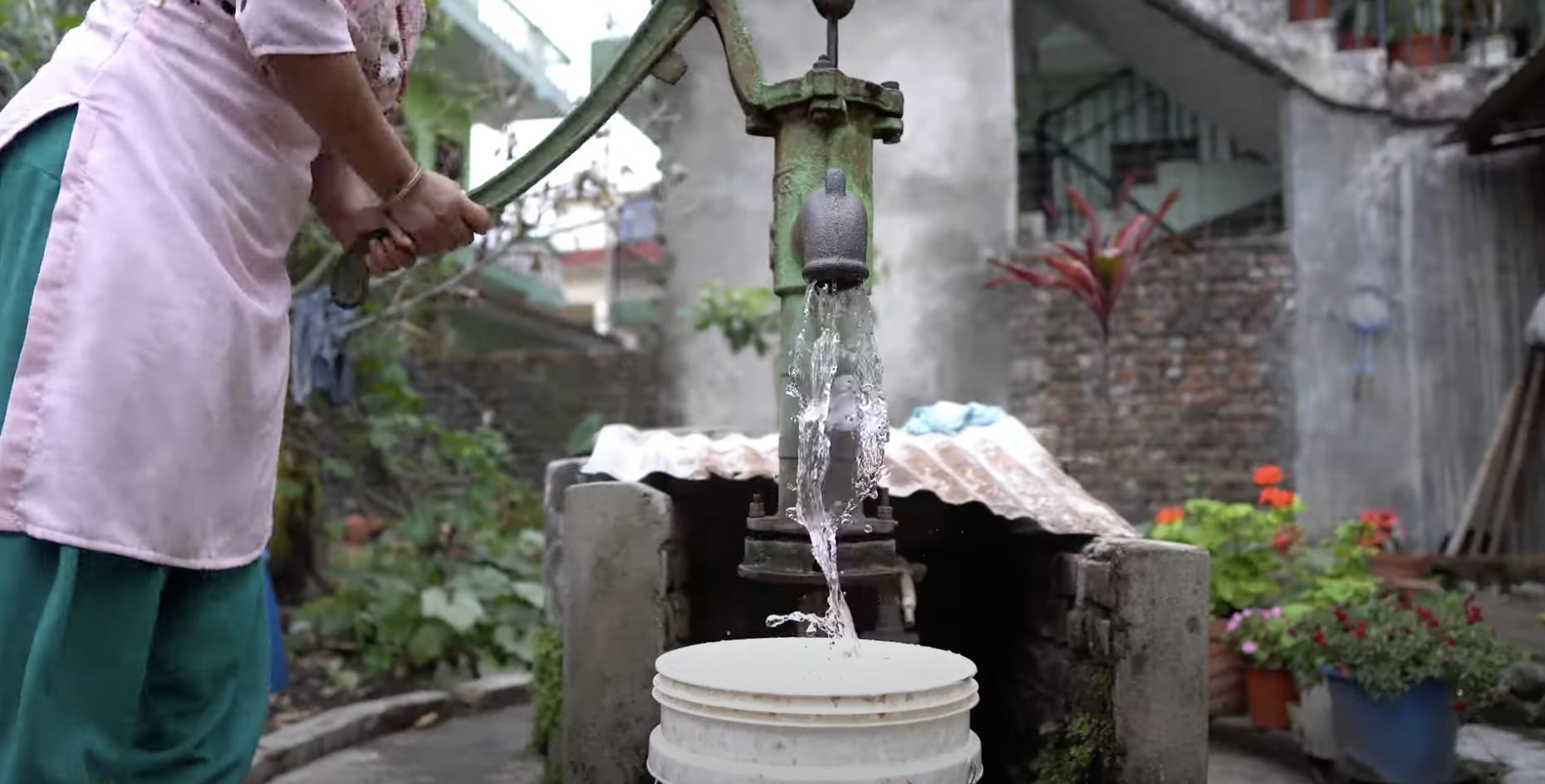
Researcher:
Grace Mueller
PhD Candidate in Geography, University of Cambridge
Collaborators:
Cobra Collective
The ‘Didi to didi’ project is a film written for domestic workers by domestic workers in Nepal. The film explores the hidden issues and constraints domestic workers face daily, yet are unable to validate with a community of workers due to the relative isolation of their working conditions.
This film ‘acts’ upon the domestic work industry by breaking down information silos over the norms and conditions pervading domestic work more widely. Through the questions and advice format, the film encourages domestic workers in Nepal and around the world on themes of agency, economic equality and dignity of work. 'Didi to didi' is part of a wider ethnographic project, researching the labour market for domestic work in Nepal. This research explores the processes, values, logics and behaviours that shape and maintain domestic work in both households and hostels, contributing to theorizations of 'actually existing' markets in place.
The making of...
EXPLORE MORE
FUNDED BY



